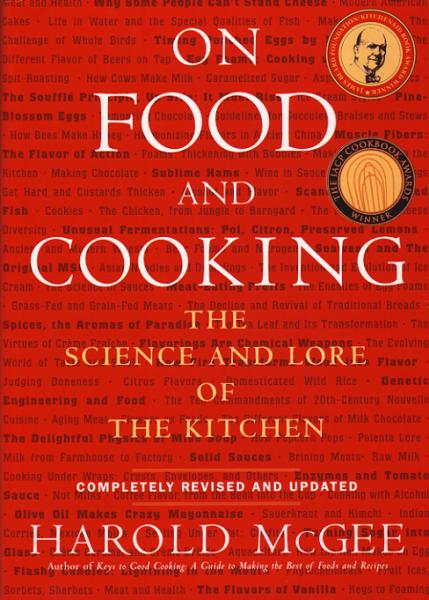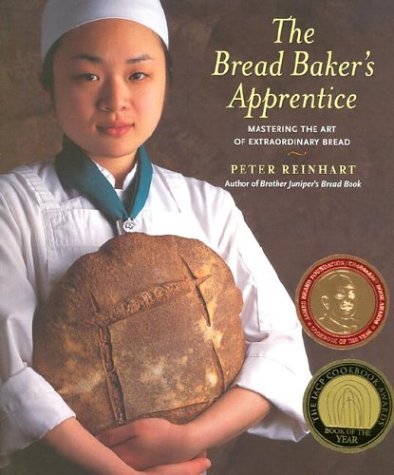What's a good political science book for the self taught?
Don't take this the wrong way, as I mean no insult to your intellect by it, but Plato's Republic might be a very effective place to start. Another one, even though few would mention it, is Gulliver's Travels, as this collection of four stories is actually a targeted parody of the political situation of it's day.
I know it's hard to consider it "science", but ultimately all questions of power come back to the old question(s) of power: who controls the controllers? What is a just state? What is a effective way to gain power and not be corrupted by it (the legitimacy of the ruler)? What is freedom and how is it gained, distributed or achieved (the conception of freedom determines what degree of agency people can have, before they come into conflict with the ruler). And so on.
There is a book that deals specifically with the question of power, but I can't remember for the life of me what it was called. Maybe someone else does.
Other classical readings are The Social Contract, Leviathan, Utopia (although you should probably focus on its critics more than the actual text, as it's basically solipsistic and fails to notice it), On Liberty, and the long list of philosopher's who have dealt with these issues and delivered their answer. The latest would be people like Rawls, Peter Singer (in the field of morality, but utilism in morality has a direct impact on the political as well, so), to some extent Habermas, Isaiah Berlin (two ideas of freedom is a short and good start for his work), and last but far from least people like Michael Foucault, Hannah Arendt, Erich From's 'escape from freedom', Baudrillard and so on.
The real problem with any thought system is that politics deals with a redistribution of wealth AND morality (currently the justice system), meaning that you can't avoid reading on both.
And ehm, Marx's Kapital really should be required reading for its analysis of labour versus power. "possession" is not just a meaningless concept, it is a deeply political concept. (well, according to Marx, but there is no way around this 'little fact of capitalism', to be honest).
The good thing about the older texts is that they are all public domain and you can access them online for free, even on a Kindle reader. Look out for "anoted versions" though, as you only have to change 20% of a work to make it "yours" and be able to sell it as such. The original works are completely free, but they also tend to be tough reads.
(not that modern author are any better: I find Baudrillard to be utterly unreadable. The summary by George Ritzer is a life saver. )
Best of luck in delving trough all this.




